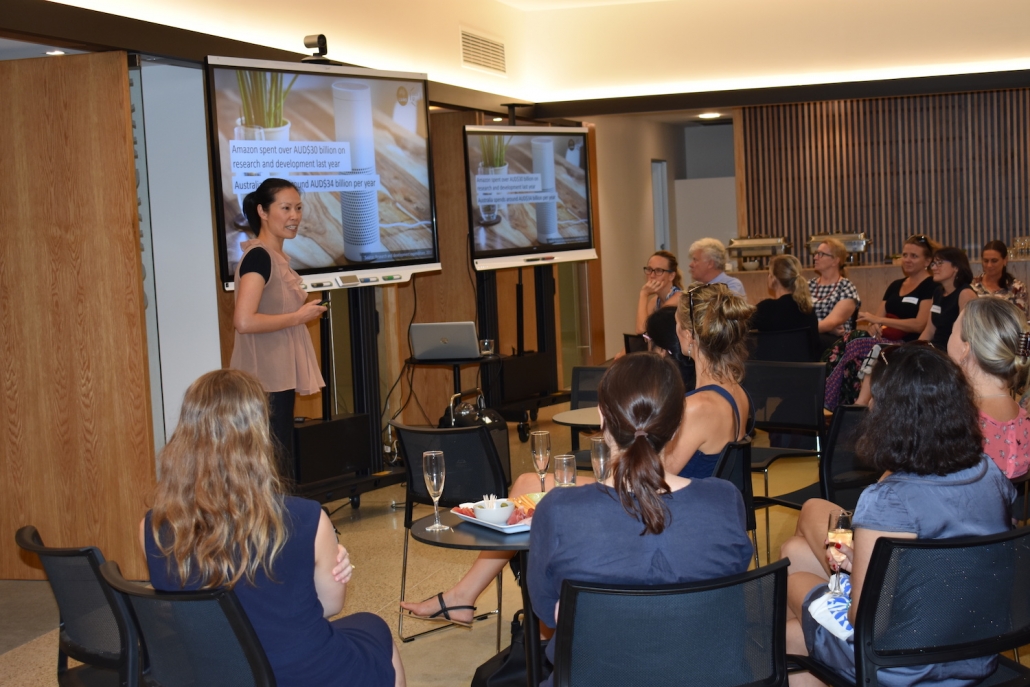Program information
Invest in Me, Invest in My science
Invest in Me, Invest in My science

Women in STEM and/or Indigenous women in STEM to enhance their scientific profiles and to develop and pitch their innovative projects.
The program adapts successful business development approaches to work with potential women scientists as entrepreneurs. The Lean Launch Program (LLP) business development approach combines experiential learning with the three components of a successful lean start-up: business model canvas, customer development and agile development (Blank 2013). The approach is based on identifying a need, creating a value proposition and developing a full understanding of the problem that the product/service solves (Blank 2013).
To achieve this, entrepreneurs need to build a great deal of empathy with customers, iterate with their feedback, and pivot or change their strategy if necessary (Blank 2013).
The program draws on the Miller Heiman (strategic selling model, which focuses on strategic selling approaches that add value to pitches and are informed by insight of complex decision-makers and industries.
Academic entrepreneurship has garnered substantial interest as an important driver of the dissemination and commercialisation of scientific knowledge, with a wide range of studies acknowledging the potential to transform scientific discoveries into innovations with broad economic and societal impact (Siegel & Wright, 2015; Schmitz et al., 2016). This has fuelled a growing number of innovation programs in the research and development sector, both in Australia and worldwide, such as CSIRO’s ON Program that focus on supporting science entrepreneurship and the transformation of creative ideas and solutions into commercial opportunities with real-world application.

In both the academic and the private sector, research has highlighted that diversity—including gender diversity—is vital to innovation (Elsevier Research Intelligence, 2017). To date, however, the majority of innovation programs have focused on mainstream approaches and audiences, with less space devoted to valuing and nurturing innovation among diverse groups, particularly in more remote, resource-poor locations. Recent studies have highlighted a gender gap in a number of measures of research commercialisation. For example, women scientists have lower propensities towards entrepreneurship and are less likely to disclose, patent and license their inventions and create spin-offs based on their research results (Abreu & Grinevich, 2017).
Recognising that gender equality is fundamental to scientific and technological excellence, initiatives focused on supporting and nurturing the unique perspectives and skills of women researchers have rightly become a global priority (Shannon et al. 2019).
The Invest in Me, Invest in My Science program will be delivered by Charles Darwin University and CSIRO using a combination of online and face-to-face adapted through negotiation with participants.